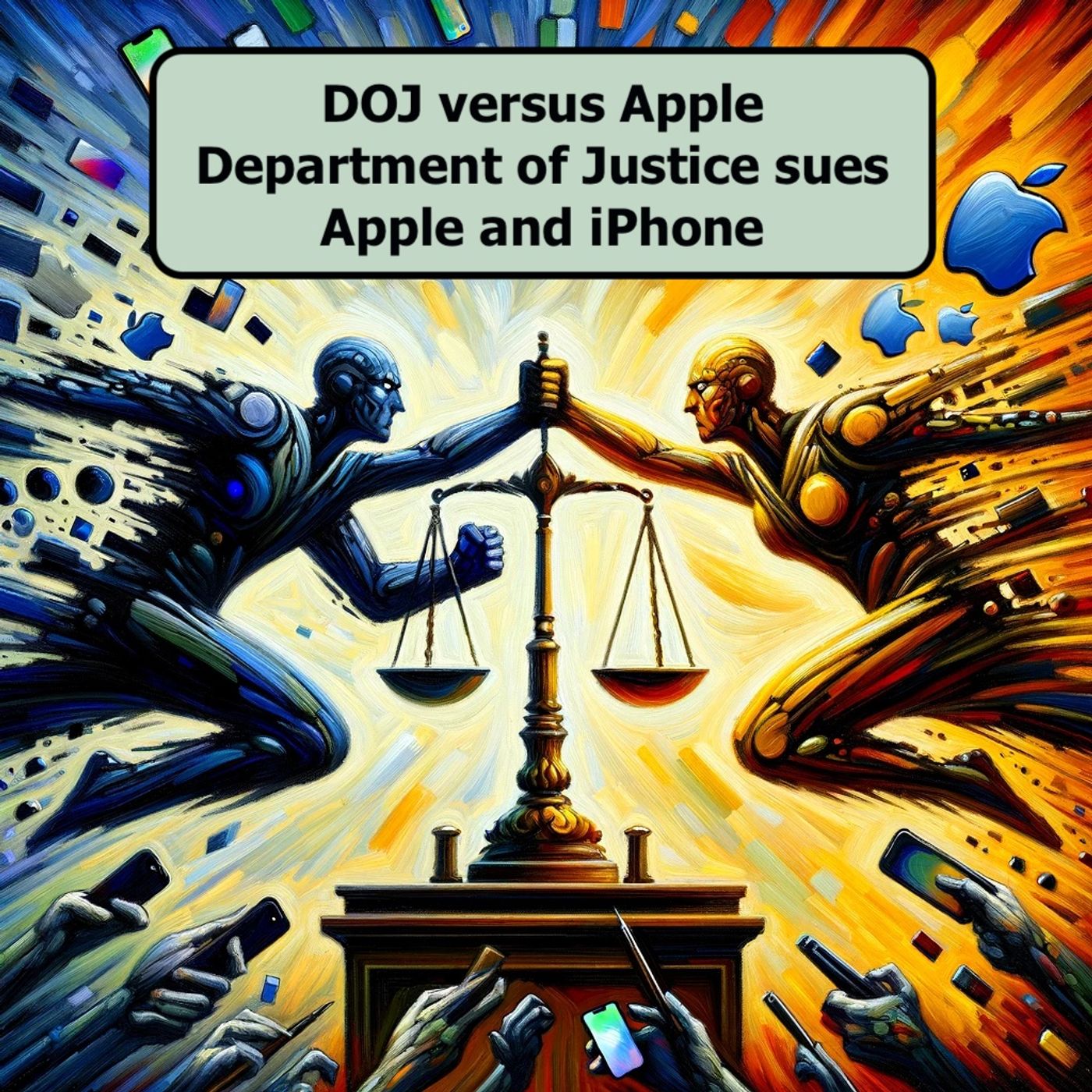Dec 08 2024 2 mins
In an escalating battle between tech giant, Apple, and the United States Department of Justice (DOJ), it has been recently revealed that Apple is fervently seeking the dismissal of an unfolding antitrust suit. The dispute emerges amidst the DOJ's claims of Apple exhibiting monopoly-like behaviors in the market.
The core of the friction lies within the US authorities investigating whether Apple's dominance in the market place has breached competition laws. Responding to these accusations, Apple maintains its stance that it does not hold proven monopoly power over the market. This argument forms the crux of their request for dismissal of the DOJ's rapidly unfolding antitrust case.
The dispute between Apple and the DOJ stands as a significant symbol in the ongoing global discussion about the power wielded by tech companies. As it stands, authorities appear to be questioning whether giants such as Apple are leveraging their influence to stifle competition and maintain a hold on the market. This scrutiny marks an increasingly stringent regulatory environment for tech corporations.
The ongoing tug-of-war between Apple and the DOJ represents an essential development in the overall narrative of tech companies' position in our society. This legal battle is more than the sum of its parts as its outcome could deeply influence the trajectory of antitrust legislation in the technology industry, potentially redefining the sector's future landscape.
However, aside from the contentious legal battle, Apple continues to exhibit relentless growth in various global markets. Evidence of this expansion is clearly seen in the Middle East. Apple has recently announced it will be opening its fifth United Arab Emirates' store next year, emphasising the company's significant international presence.
As the precise details of the case continue to unfold, observers and consumers worldwide wait with bated breath for the outcome of this showdown between Apple and the DOJ. Certainly, the resolution of this antitrust dispute could carry weighty implications for the tech industry at large, possibly redefining the balance of power within the market.
The core of the friction lies within the US authorities investigating whether Apple's dominance in the market place has breached competition laws. Responding to these accusations, Apple maintains its stance that it does not hold proven monopoly power over the market. This argument forms the crux of their request for dismissal of the DOJ's rapidly unfolding antitrust case.
The dispute between Apple and the DOJ stands as a significant symbol in the ongoing global discussion about the power wielded by tech companies. As it stands, authorities appear to be questioning whether giants such as Apple are leveraging their influence to stifle competition and maintain a hold on the market. This scrutiny marks an increasingly stringent regulatory environment for tech corporations.
The ongoing tug-of-war between Apple and the DOJ represents an essential development in the overall narrative of tech companies' position in our society. This legal battle is more than the sum of its parts as its outcome could deeply influence the trajectory of antitrust legislation in the technology industry, potentially redefining the sector's future landscape.
However, aside from the contentious legal battle, Apple continues to exhibit relentless growth in various global markets. Evidence of this expansion is clearly seen in the Middle East. Apple has recently announced it will be opening its fifth United Arab Emirates' store next year, emphasising the company's significant international presence.
As the precise details of the case continue to unfold, observers and consumers worldwide wait with bated breath for the outcome of this showdown between Apple and the DOJ. Certainly, the resolution of this antitrust dispute could carry weighty implications for the tech industry at large, possibly redefining the balance of power within the market.
